Best Directors List
(For optimum viewing, adjust the zoom level of your browser to 125%.)
Last Updated: 6/26/25
Note:
It's simple and straightforward: the best of the best directors in cinema history.
Miniseries and telefilms are fair game, but documentaries are excluded. Because of the directors, their films
have shown brilliance in most, if not all, aspects: acting, characters, screenplay, plot, direction, editing,
cinematography, and so on. They must also be "culturally, historically, or aesthetically significant." Then,
I think about cultural phenomenon, uniqueness, famous movie moments, iconic scenes and/or lines, cinematic
power, and timelessness.
This list is based on what I have seen so far and is limited to the top 15 with 5 honorable mentions in that order.
While ranking the directors, I am simultaneously thinking about quality, consistency,
and variety by only looking at a collection of films ranked '8' or higher. This means those like D.W. Griffith,
Sergei Eisenstein, and the like are not on the list although their importance cannot be overlooked. I still
consider Orson Welles to be the most genius director ever lived while Zalman King was brilliant for making
sensual pictures that were unlike any other.
1. Steven Spielberg

Masterpiece: Jaws (1975), Close Encounters of the Third Kind (1977),
Raiders of the Lost Ark (1981), E.T. the Extra-Terrestrial (1982), The Color Purple (1985),
Empire of the Sun (1987), Schindler's List (1993), and Saving Private Ryan (1998)
Outstanding: Indiana Jones and the Temple of Doom (1984) and
Indiana Jones and the Last Crusade (1989)
Honorable: Poltergeist (1982)
Opinion: The best all-around director, Steven Spielberg has made at least one masterpiece in every genre
possible. No one else has ever come close to his prolific output of greatness in various genres for decades.
Many of his movies are perfectly suitable for people of all ages. Notice that I've listed Poltergeist
although Tobe Hooper is given the official credit, but it's Steven Spielberg who actually directed it.
2. Sidney Lumet

Masterpiece: 12 Angry Men (1957), Dog Day Afternoon (1975), Network (1976),
Equus (1977), Prince of the City (1981), and Q&A (1990)
Outstanding: Serpico (1973), The Verdict (1982), and Running on Empty (1988)
Honorable: Murder on the Orient Express (1974), Power (1986), and
Night Falls in Manhattan (1996)
Opinion: A big believer in quality, Sidney Lumet was an actor's director, getting the best peformances
out of everybody who tended to be trained through The Method. As a result, he made compelling dramas with tons
of character development. His pictures were often realistic, true, and honest with great writing. He was the best
when it came to turning a play into a film, a difficult feat for most directors.
3. Oliver Stone
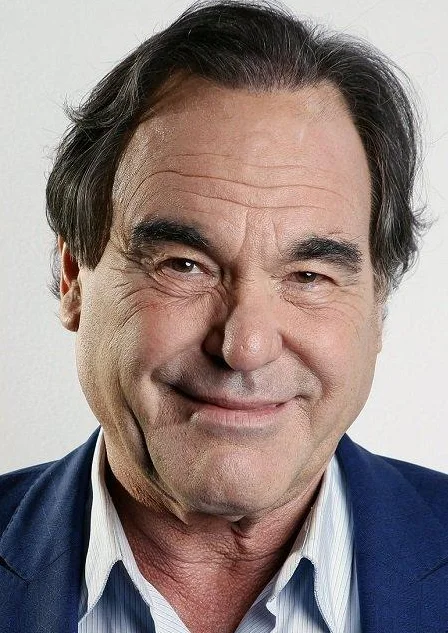
Masterpiece: Salvador (1986), Platoon (1986), Wall Street (1987),
Born on the Fourth of July (1989), and JFK (1991)
Outstanding: The Doors (1991) and Natural Born Killers (1994)
Honorable: The Hand (1981)
Opinion: There are three versions: the truth, fiction, and Oliver Stone. High in realism and armed with
terrific writing, many of his movies have been controversial, but they are always entertaining to watch. Oliver
Stone consistently gets great ensemble casts that turn in outstanding performances. Never one to stay formulaic,
he tends to change it up in style, especially in editing.
4. Clint Eastwood
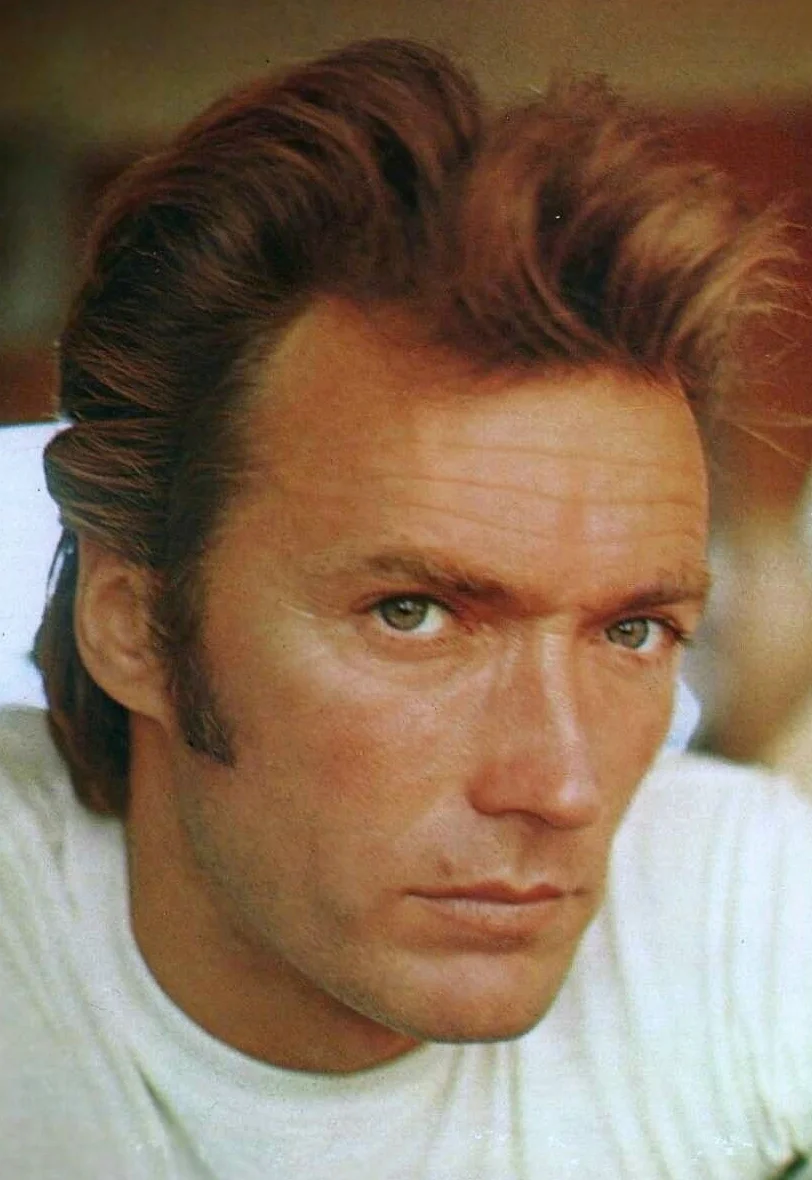
Masterpiece: Play Misty for Me (1971), Bronco Billy (1980), Unforgiven (1992),
and Million Dollar Baby (2004)
Outstanding: Breezy (1973) and Sudden Impact (1983)
Honorable: The Gauntlet (1977), Bird (1988), and A Perfect World (1993)
Opinion: Having learned a great deal of the directorial craft from Don Siegel, Clint Eastwood was long
ignored by critics until he finally got everybody's attention through Unforgiven. Since then, his body
of work has been re-evaluated, prompting all to say, "Yes, he's an outstanding director," but I knew that
already. His pictures have always been honest, original, straightforward, and, most of all, entertaining.
5. Francis Ford Coppola
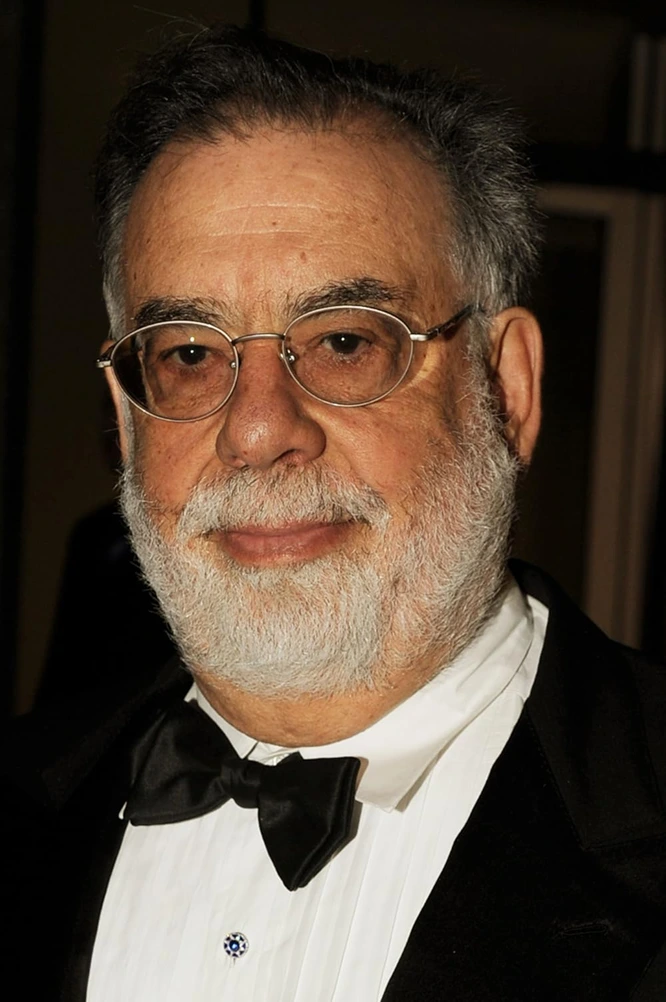
Masterpiece: The Godfather (1972), The Godfather Part II (1974),
Apocalypse Now (1979), and The Godfather Part III (1990)
Outstanding: Tucker: The Man and His Dream (1988)
Honorable: Dementia 13 (1963), Cotton Club (1984), and Bram Stoker's Dracula (1992)
Opinion: The Godfather trilogy makes up the bulk of Francis Ford Coppola's greatness, but it's
not entirely validated until he proved himself a master director in Apocalypse Now. Undertaking enormous
risk to achieve his artistic vision, Francis Ford Coppola's gambles sometimes paid off. That being said, no one
can dispute his passion in filmmaking. He is also a gifted writer, having co-written
This Property Is Condemned, Patton, and The Great Gatsby, among others.
6. Alfred Hitchcock
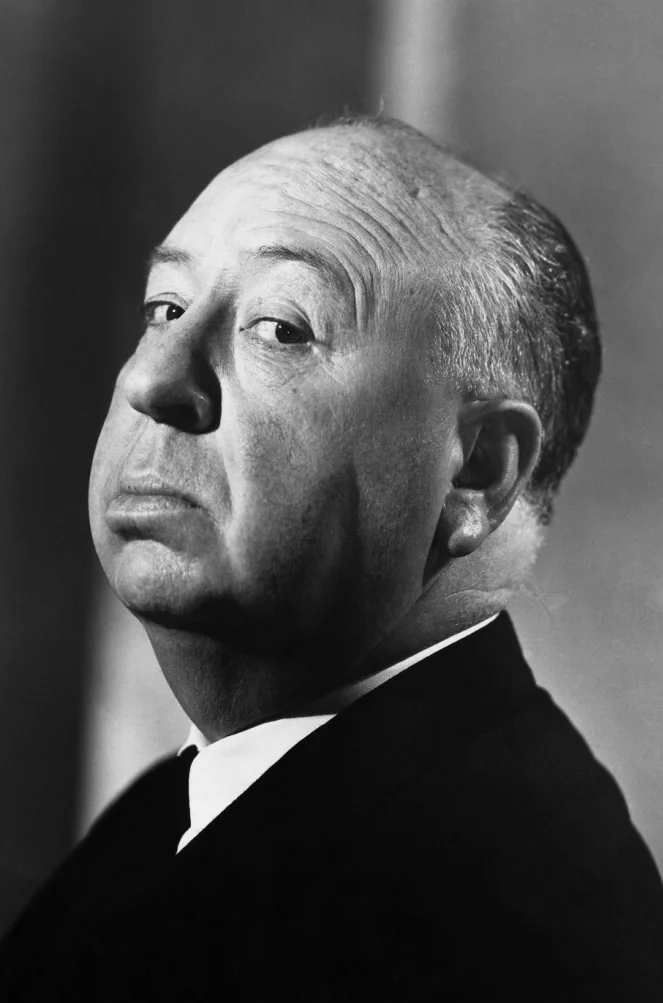
Masterpiece: The 39 Steps (1935), Vertigo (1958),
and Psycho (1960)
Outstanding: The Lady Vanishes (1938), Rebecca (1940), and To Catch a Thief (1955)
Honorable: Lifeboat (1944), Rear Window (1954), and Family Plot (1976)
Opinion: Overshadowing the stars in his movies even by a mere silhouette, Alfred Hitchcock is the most famous
director ever lived whose quick cameos were a must-see. Formulaic or not, he created technically brilliant
suspense thrillers. After having been written off for a bit while, Hitchcock managed to shock everybody by
making a splashy comeback with Psycho that changed the game. If there's a drawback, it's that he almost
never cast black thespians in important roles.
7. John Frankenheimer

Masterpiece: Birdman of Alcatraz (1962), The Manchurian Candidate (1962), and
The Train (1964)
Outstanding: Black Sunday (1977), Andersonville (1996),
and Path to War (2002)
Honorable: French Connection II (1975), Dead-Bang (1989) and Ronin (1998)
Opinion: There are legendary directors, and John Frankheimer was one of them. Political thrillers and
exciting Burt Lancaster pictures were his forte, and he knew how to tell a coherent story, no matter how
complicated the subject matter was. His stuff has always been absorbing to watch, making it hard to stop the
show at any point from start to finish. John Frankheimer was also an excellent TV director, specializing in
famous people and places.
8. John Huston

Masterpiece: The Maltese Falcon (1941) and The Man Who Would Be King (1975)
Outstanding: The Asphalt Jungle (1950), Heaven Knows, Mr. Allison (1957), and
Victory (1981)
Honorable: Key Largo (1948), The African Queen (1951), Beat the Devil (1953),
Moby Dick (1956), Fat City (1972), and Prizzi's Honor (1985)
Opinion: The man, the maverick, and the legend, John Huston was a fabulous storyteller in the Hemingway
sense. Because of The Maltese Falcon, he's credited as the father of the film noir genre. The
underlying theme of his films is the "heroic quest." John Huston often shot on location while editing what
he had on hand as minimal as possible, having sketched out all of his scenes beforehand.
9. Martin Scorsese
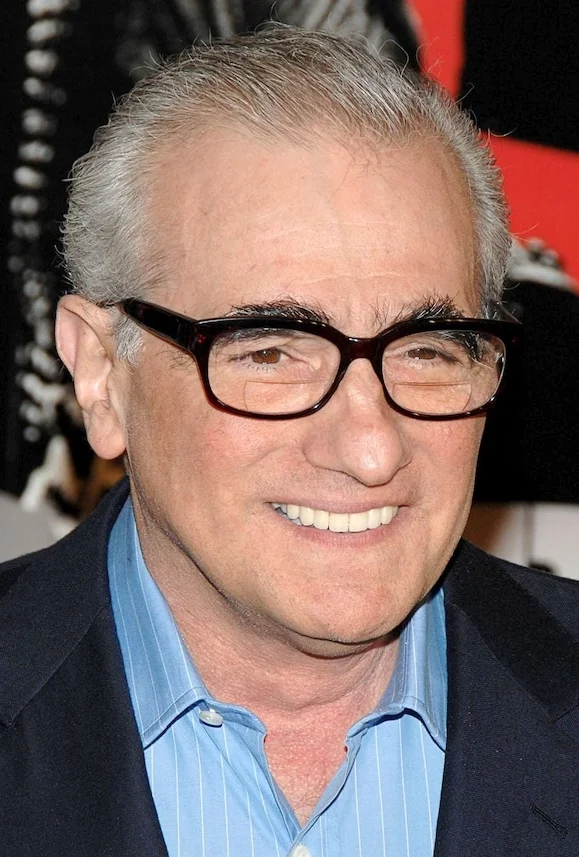
Masterpiece: Taxi Driver (1976), Raging Bull (1980), and Goodfellas (1990)
Outstanding: The Color of Money (1986) and Cape Fear (1991)
Honorable: The King of Comedy (1982), After Hours (1985), and
Casino (1995)
Opinion: Martin Scorsese and Robert De Niro will always be intertwined in movie history. That's for a
good reason: they made unforgettable classics which were often gritty, realistic, and brutal. He also liked to
show off compelling sociopathic characters such as Travis Bickle in Taxi Driver, Jake LaMotta in
Raging Bull, and Rupert Pupkin in The King of Comedy. The Color of Money remains
Scorsese's most underrated work.
10. Stanley Kubrick

Masterpiece: The Killing (1956), Paths of Glory (1957), 2001: A Space Odyssey (1968),
and Barry Lyndon (1975)
Outstanding: None
Honorable: Spartacus (1960)
Opinion: Technical, cold, and austere, Stanley Kubrick made beautiful films that defied belief.
Once you've seen a Kubrick picture, you can spot it again, and they are unique. Infamous for requiring dozens
of takes, Stanley Kubrick believed in "enigmas and allegories" and hence wasn't interested in making films that
spelled everything out clearly such as 2001: A Space Odyssey and Barry Lyndon.
11. Michael Mann

Masterpiece: The Jericho Mile (1979), Manhunter (1986), and
The Last of the Mohicans (1992)
Outstanding: Thief (1981) and Heat (1995)
Honorable: None
Opinion: Specializing in criminals, Michael Mann is a visonary genius. His films are meticulously crafted,
allowing the thespians to be deep characters with minimal background story. He's also famous for revolutioning
the look of TV in the 80's through Miami Vice by taking advantage of the location shots, pastel colors,
and Armani clothes.
12. Robert Altman
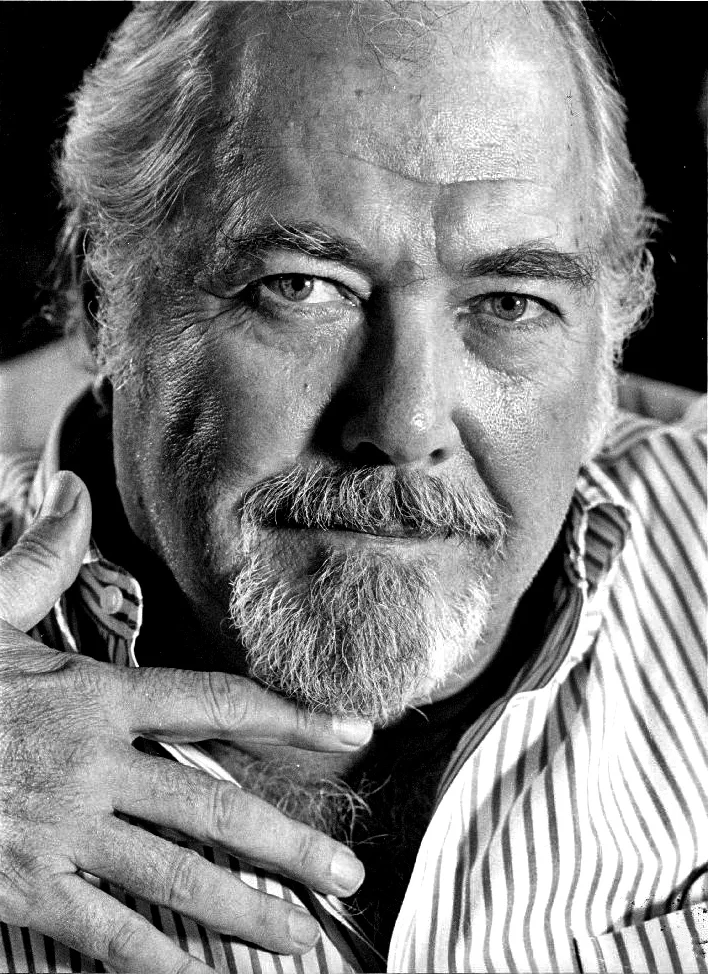
Masterpiece: M*A*S*H (1970) and Gosford Park (2001)
Outstanding: Nashville (1975), Vincent & Theo (1990), and The Gingerbread Man (1998)
Honorable: Thieves Like Us (1974), Tanner '88 (1988), and Short Cuts (1993)
Opinion: The master of ensemble films, Robert Altman is the most diverse director ever. His oeuvre is
all over the place; some are brilliant while others are eternally frustrating. I consider M*A*S*H to
be Robert Altman's greatest achievement. There's an unmistakable unorthodox style that can been easily felt by
the quality of cinematography and zoom shots. The thing about some of his films is that it takes time to
appreciate them, hence the multiple viewings.
13. William Friedkin
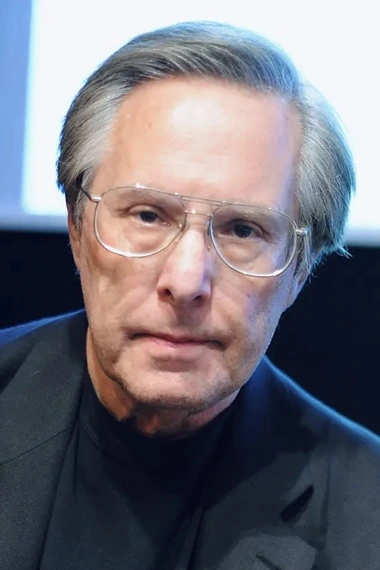
Masterpiece: The Exorcist (1973) and Bug (2006)
Outstanding: The French Connection (1971), Sorcerer (1977),
To Live and Die in L.A. (1985), and The Rules of Engagement (2000)
Honorable: None
Opinion: Ordinary is never an adjective to describe William Friedkin's films; they've always been
exciting and controversial. What he brought on screen is unlike anything seen before or since then with a great
deal of docu-realism. The best example of this is The Exorcist. William Friedkin also knew crazy and
understood the meaning of it as exemplified in Bug. The most underrated picture of his career will
always be Sorcerer for a lot of wrong reasons.
14. William Wyler
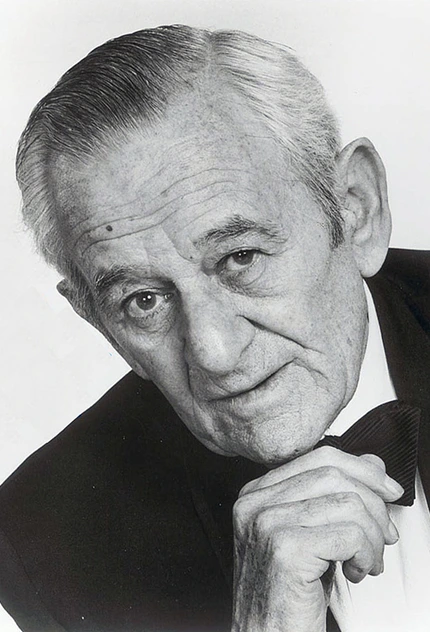
Masterpiece: The Big Country (1958) and Ben-Hur (1959)
Outstanding: The Heiress (1949) and Roman Holiday (1953)
Honorable: The Best Years of Our Lives (1946), The Desperate Hours (1955), and
The Collector (1965)
Opinion: One of the most brilliant directors from the 30's through the 60's was William Wyler. His pictures
are instant must-sees because of the quality filmmaking while getting the best out of performances. The genre
didn't matter at all as well as the size of the picture. Often insisting on multiple retakes to strive for
perfection, William Wyler was the master of deep-focus cinematography. Therefore, Bette Davis called him a
genius and the best she had ever worked with.
15. Billy Wilder
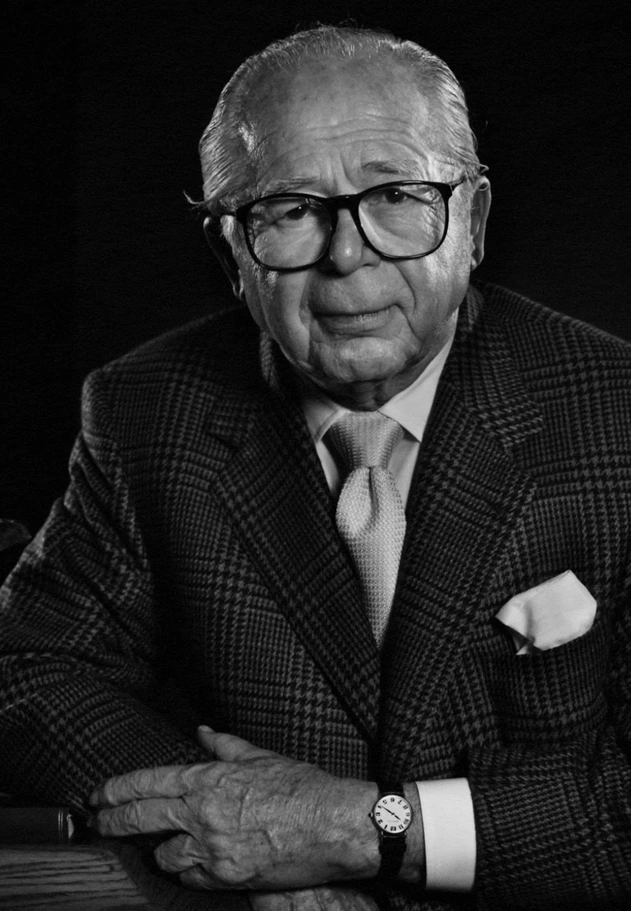
Masterpiece: Double Indemnity (1944), Sunset Boulevard (1950), and
Witness for the Prosecution (1957)
Outstanding: None
Honorable: The Front Page (1974)
Opinion: Which comes first for Billy Wilder: the direction or the writing? Most will say it's the latter.
That's why his films are often masterpieces, being among the best of the genre, most especially in
film noir. Cinematography was never his thing; it's always about the quality of the dialogue, focusing on
the characters. If Robert De Niro is Martin Scorsese's man, it's Jack Lemmon for Billy Wilder who was responsible
for pairing him with Walter Matthau for the first time in The Fortune Cookie.
Honorable Mentions:
Rob Reiner,
Orson Welles,
Steven Soderbergh,
John G. Avildsen,
and
James Cameron